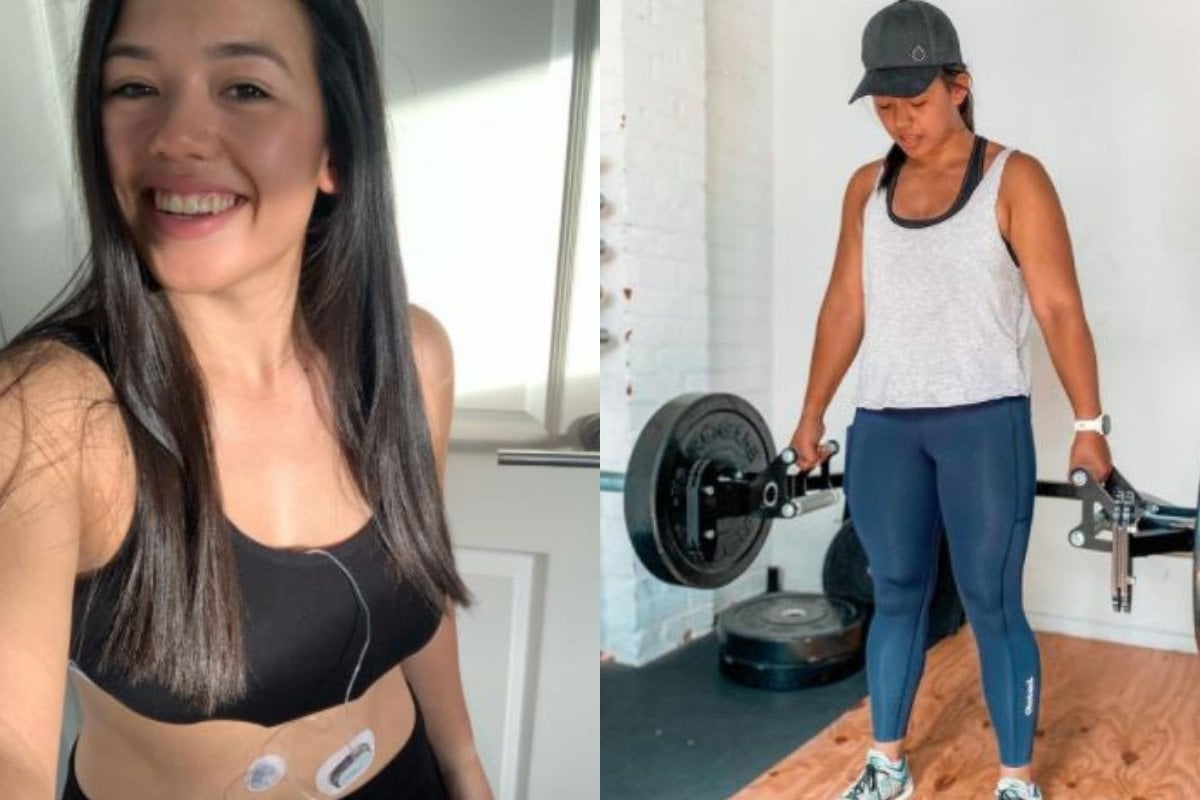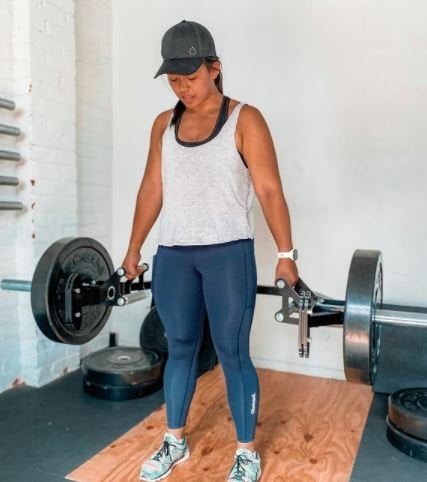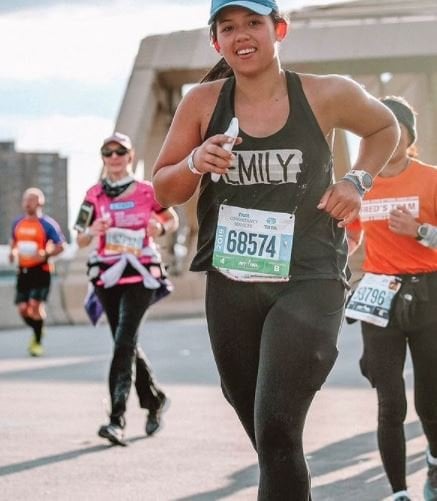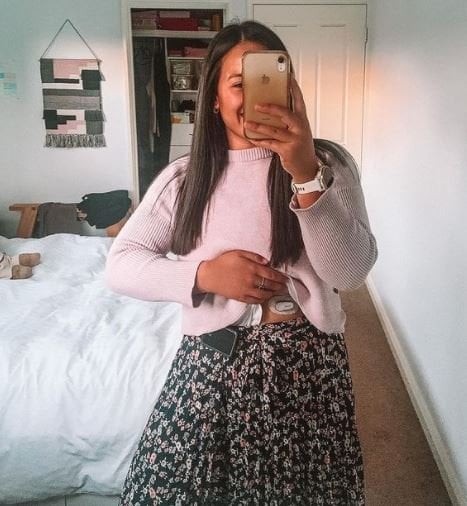
I was diagnosed with type 1 diabetes at just 14 months old, so I’ve never known life without it.
I’ve also never known life without the love and support of parents who have never stopped encouraging me to live as normal a life as possible.
From a very young age, they instilled in me that all my dreams were achievable and nothing - certainly not my diabetes - would stop me.
"You live your life, and we’ll deal with the diabetes side of things," is what they always told me.
Despite their reassurance, raising a toddler is tough enough, without the additional challenges of type 1 diabetes.
From waking up three times a night to test my blood glucose levels to all the extra planning that went into every single detail of my life, I didn’t know any different. This was my normal.
Side note: Talk to your family about their health history. Post continues below.
As I got older, I noticed I wasn’t the same as everyone else.
In primary school, my mum would come to school every lunchtime to administer my insulin, and I began wondering why my mum was the only one who came in to visit every single day.





